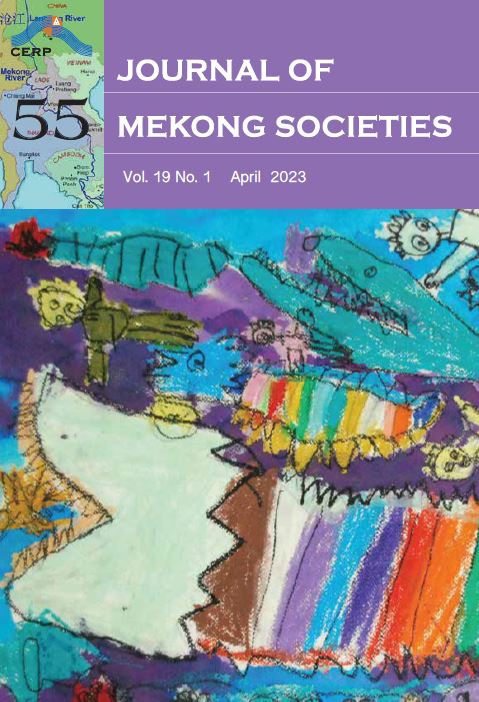Empowering Thai Community-based Tourism Operators: Enhancing English Pronunciation Abilities with AI-based Lessons
Main Article Content
Abstract
This article reports the outcomes of using specially designed Artificial Intelligence (AI) powered lessons to assess the uptake of English pronunciation skills by local tourism business people who are adult learners with limited English pronunciation skills. The article also investigates challenges in the task of designing the AI-based lessons application. The study involved 15 participants who were involved in the tourism business in Kranuan district, Khon Kaen, Thailand. All participants first took a pronunciation pre-test for each lesson before they spent time practicing with the application at their own pace. The learning tasks involved everyday English pronunciation and business English. At the completion of each lesson, the participants took the post-test. The pre- and post-tests results were then analyzed with a t-test to obtain the outcomes of their pronunciation learning, and to identify types and patterns of errors they made most frequently. In the discussion, relevant pronunciation issues were then gathered and analyzed from the qualitative descriptive data analysis to ensure meaningful, credible, and practical results. The findings reveal the usability of the AI-based lessons in enhancing the participants’ pronunciation skills. Additionally, the use of mobile technology was found to be an effective tool for lifetime learning, although there were some difficulties with the technological aspects of delivering the course via the mobile application. The participants’ English pronunciation scores increased considerably because of the improvement in their pronunciation. However, several of the activities generated intriguing questions about the participants’ pronunciation skills in particular sessions. Through the lens of applied linguistics, the authors examined English for Specific Purposes (ESP). The future focus of ESP on applied linguistics research and teacher preparation will be affected in some ways by the results of this study. Moreover, the use of mobile technology can support lifetime language learning patterns.
Article Details

This work is licensed under a Creative Commons Attribution-NonCommercial-NoDerivatives 4.0 International License.


